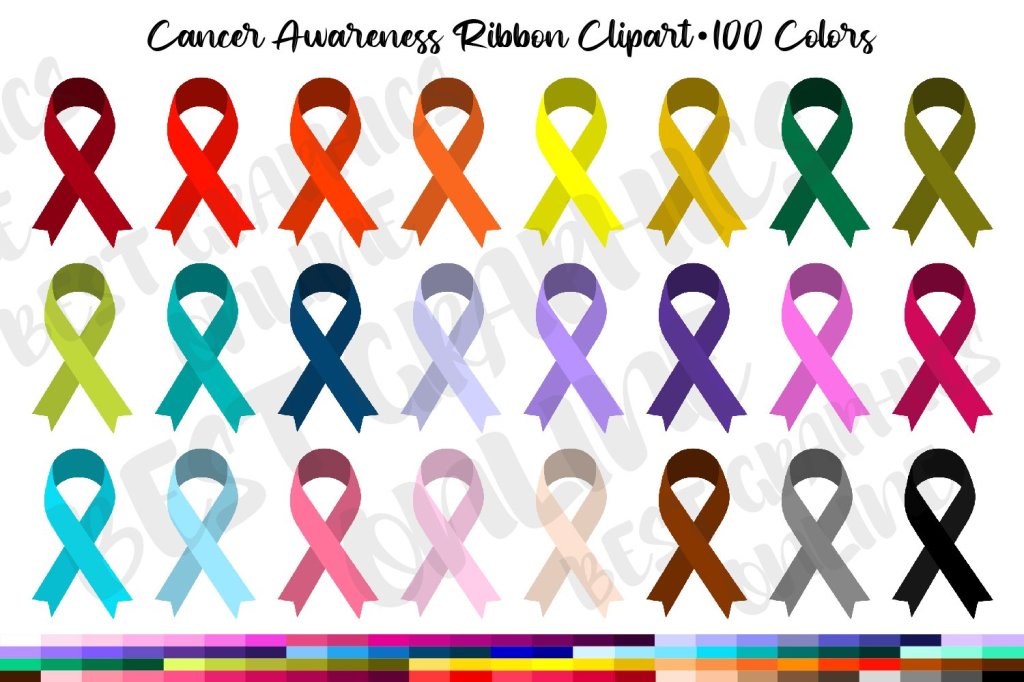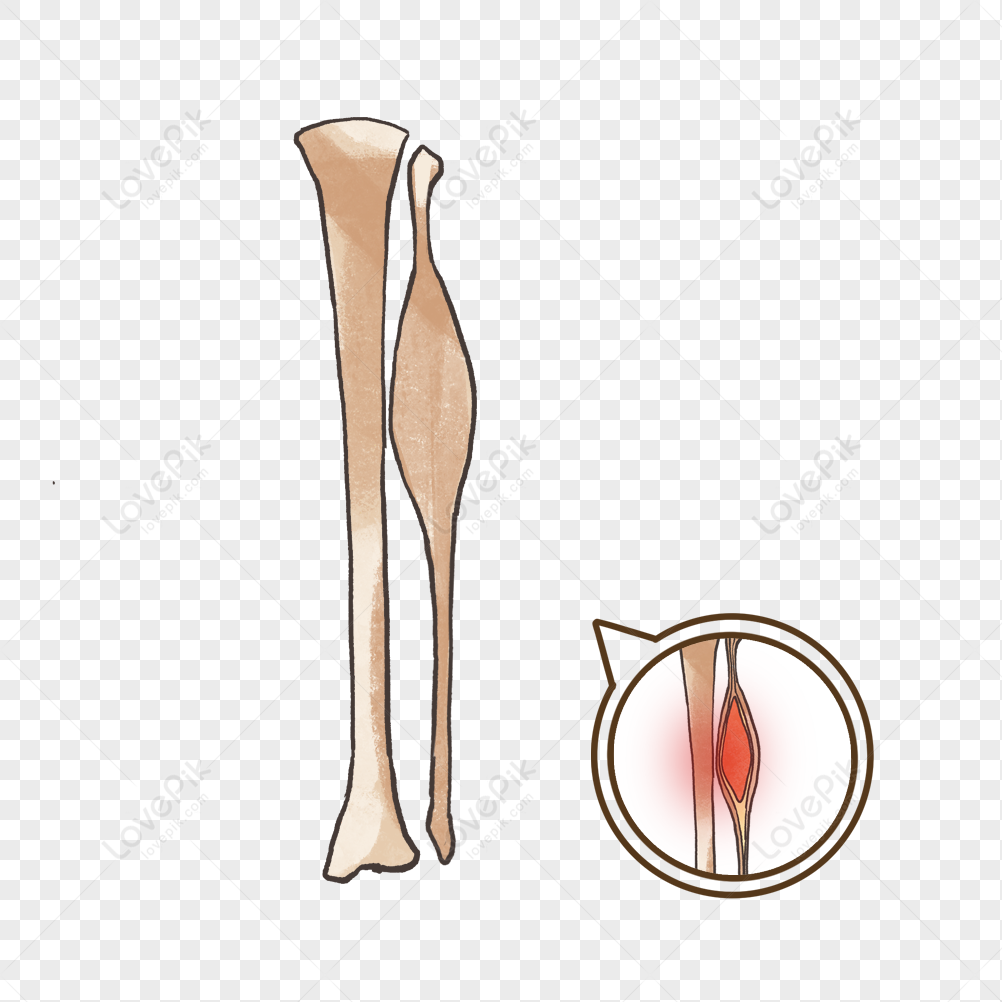Cancer has affected almost everyone’s life in some way or another, whether it be a friend, co-worker, family member, or your own journey. Cancer likes to rear its ugly head and leave a wound or scar on the soul. It’s hard to face going through your own cancer and then face it again with a loved one. When you have depression and anxiety, facing hardships like this can deepen your illness or send you down that dark hole again.

When my grandpa got prostate cancer many years ago, they said he’d die of natural causes before he’d die of cancer. The sad thing is the cancer spread throughout his body and he struggled to the end. I kept breaking down so much when I went to see him in the hospital that I couldn’t go see him anymore.
Then when I learned I had breast cancer, my thoughts went back to my grandpa and I thought I was also going to die a miserable death, but I didn’t. I’m still here, proud to be a survivor.
I prayed cancer would never affect our family again, but it has. After a week long vacation, my husband and I came home to the news that my dad has bone cancer. I put on a brave face on for my parents, but when I got home, I broke down. I cried in Lou’s arms. Then in the days after the announcement, I went from okay to falling apart. It became a matter of waiting to see when they would start chemo and the next steps. I didn’t have to go through chemo when I had cancer, but there was a lot of dreaded waiting. Waiting to find out if I had the BRCA gene, waiting to find out what was next, and wondering what was going to happen to me. All those memories returned with my dad. The old emotions and fears resurfaced.
My dad is a handy man and a mechanic. He can fix almost anything. He fixes cars, lawn mowers, and even private airplanes. He has fixed and still fixes many of my vehicles. He does repairs around his own home, has helped remodel his church and has done repairs in my home. If he’s sitting down too long, he thinks he’s being lazy. He gives from the bottom of his heart to his family, friends, and strangers. I don’t always agree on his views, but I love him endlessly. Hearing he has bone cancer sent a knife deep in my heart.

My father has always been a healthy, active man even at seventy-four. Nothing kept him down. His oncologist said his cancer wasn’t life threatening, but they said something similar about Grandpa’s. I can’t bear the thought of losing my dad from a miserable struggle with this horrible disease. This troubled me greatly. I don’t want to lose my dad. I cried more tears in Lou’s arms.
Then my dad had to take a class about his treatment and start shots and chemo. My younger sister came to town to go to appointments with them. I was relieved but I felt guilty. I stress every six months when I go to the cancer center for my checkups, but going there for my dad seemed even more frightening. I just couldn’t do it, but I felt it was my responsibility. My older sister is struggling with health problems, and as the second oldest I should be at my parents’ side while my dad goes through his treatments, but emotionally I can’t handle it.
I remember making the decision to have a double mastectomy and then a full hysterectomy. I cried about it and agonized over it. Then there was the news that I would have to wait six months to do reconstruction and it would take several surgeries for it. I decided not to do reconstruction, and I had to learn to love myself as a woman without breasts. I felt like I was getting one let down one after another. My whole life was changing, and I fell into a depression. Those feelings came back as my dad faced his treatments.
When my sister told me the details of my dad’s treatments, I realized my dad’s life would be forever changed. His food had to be washed before being prepared, masks in public, washing his hands frequently, being susceptible to illnesses, and chemo every day. I felt that anguish inside me like the anguish I felt when I had cancer.
Then as we came closer to the beginning of his treatments, I began to worry obsessively how chemo would affect him. Would he no longer be that active and strong man I always knew? Would he get very sick? Would he need lots of extra care? The worries flooded me, and I felt the sadness of depression taking control. My muscles were tense, my stomach twisted, and the tears came expectantly. I struggled to sleep or even focus on everyday things.
When he made it through his first shots and chemo pill without many problems, I sighed with relief. Now I worry about him catching an illness and ending up in the hospital. I worry about my dad having more side effects from the chemo pill the longer he takes it. The worries flood my mind and I feel like I’m losing control of my illness. I feel the pain of my emotions searing throughout my soul. The tears, the endless worries, and my chest tightening has me struggling to hold on to the edge of my hole. I feel like I’m losing control, and I will be at the bottom of that hole again.
I remind myself this is just a rough time, and I can get back to the top of the hole again. I lean on my support system, I journal my feelings, and I plan to work on some woodburning projects and my next book. I talked to my psychiatrist about my struggles with my depression during this rough time, and he upped my medicine.
Rough times are part of recovery from mental illness and part of the struggle with this sickness. The important part of dealing with rough times is using coping techniques, leaning on your support team, and asking for extra help from your therapist or psychiatrist. There will always be bad things happening in our lives, threatening to make the struggle with or recovery from mental illness rougher, but the most important thing is how you handle it. Don’t let it destroy you or throw you down that hole again. You can get through life’s heartaches and still work towards recovery or stay in recovery.

My dad’s journey has just begun and what is to come is unknown. Our hopes are that he will reach recovery. My struggles with this rough time will take a lot of work and coping, but I will soon stand in the light of recovery again.



